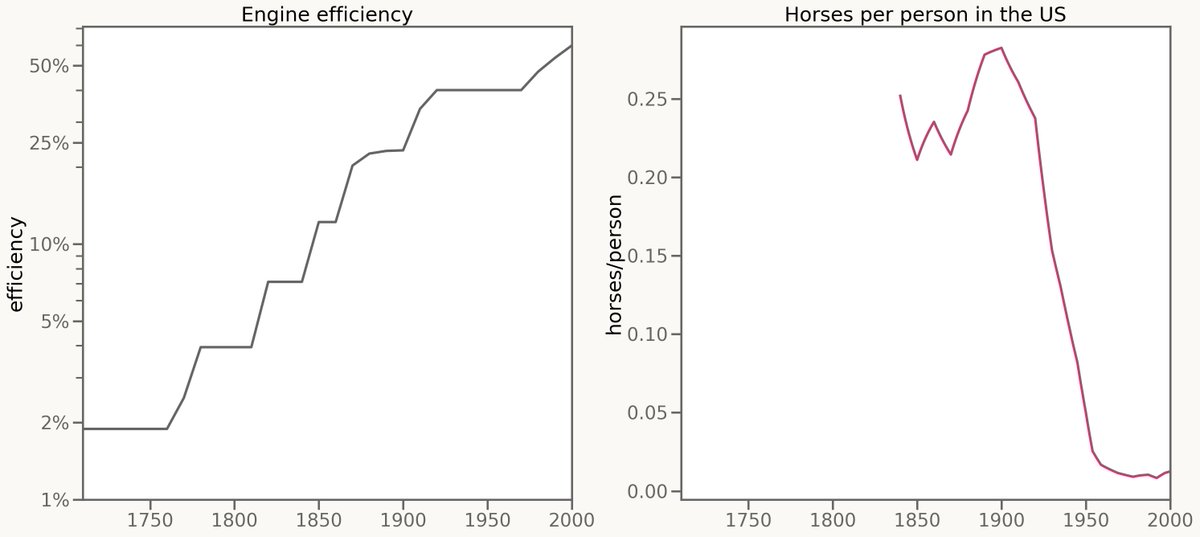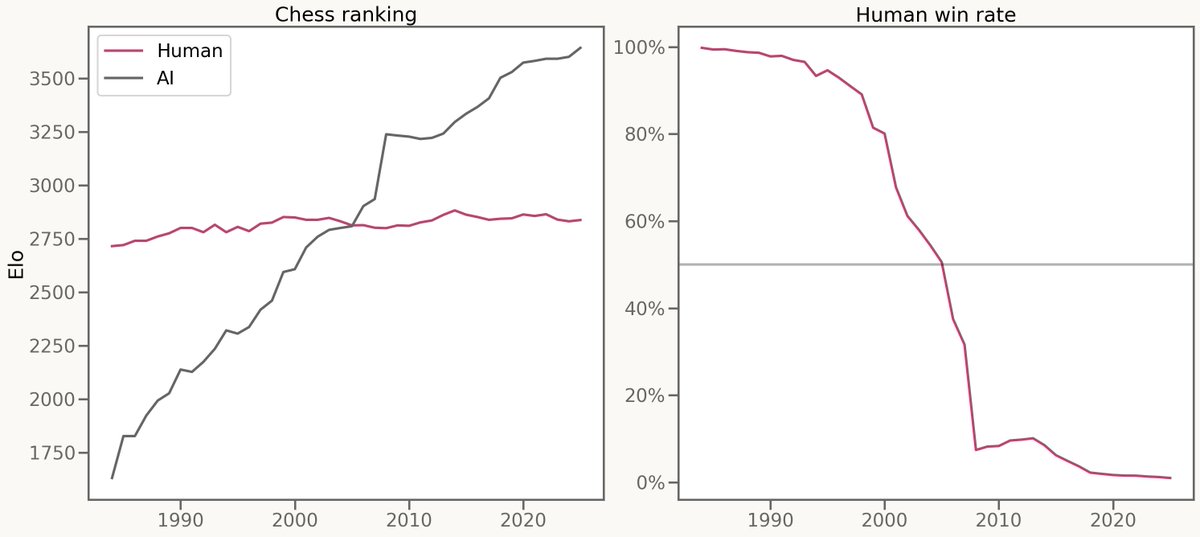
How to get URL link on X (Twitter) App


 But enough about horses. Let's talk about chess!
But enough about horses. Let's talk about chess!

 I worked on Hex. Hex is a board game, with all the strategic depth of Go but also a much simpler rule set. Crucially, Hex on small boards is easy, and Hex on big boards is hard!
I worked on Hex. Hex is a board game, with all the strategic depth of Go but also a much simpler rule set. Crucially, Hex on small boards is easy, and Hex on big boards is hard!
https://twitter.com/jachiam0/status/1207975400929976320'Meta learner's dynamics are unlike learners': you ask a regular NN to learn a transformation and it'll learn the component with the largest eigenvalue first, then the second largest, etc etc. A meta-learner will learn all the components simultaneously! arxiv.org/abs/1905.01320